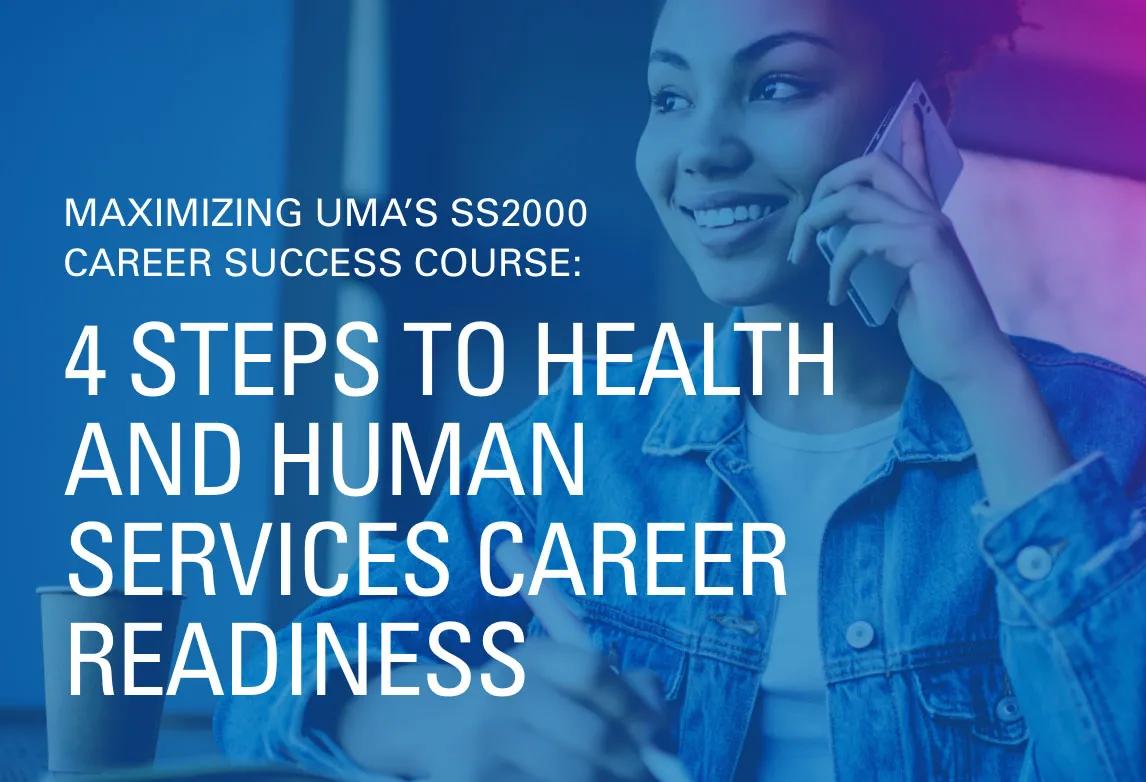What to Do When You Feel Like Your Course is Too Hard

Have you ever been in a class and thought, “This course is too hard”?
It’s a discouraging thought, and it might lead you down a rabbit hole of self-doubt. Instead of giving up, take a second to evaluate why you might feel like that—and how you can overcome the issue and find success in your education.
If you feel like your course is too hard, try these five steps to help you find a solution.
Step #1: Figure Out Why Your Course is Too Hard
Sometimes a course seems hard because you’re not used to the learning environment, or you haven’t nailed down your time management skills. Other times the subject matter is simply dense and requires extra study time. If you’re having difficulty in a course, try to objectively understand why that might be.
It’s important to use positive self-talk while doing this, and to avoid tearing yourself down. For example, if your course is covering a difficult subject, avoid making internal judgments about your intelligence or ability to learn. Instead, tell yourself, “I can learn this—I just need to create strategies to help me understand the content better.”
Step #2: Use Your School’s Academic Resources
Many schools have academic tools available to students. Common resources some schools may offer include:
- Writing Labs – For help writing essays, getting feedback, researching, reading comprehension, formatting arguments and generating ideas.
- Tutoring Labs – for one-on-one and group tutoring sessions where you can get some extra attention.
- Instructor office hours – make an appointment with your instructor to get clarity on assignments and to ask them questions one-on-one.
- Learner Support Services – Many educational institutions offer certain accommodations for students to help upon request.
- Library Services – If you need assistance using print and online resources, library services can help you navigate databases of information. They also may know about all the resources your school offers and can point you in the right direction if you are struggling with a class.
It’s important to remember that using these services does not mean you’re a less capable student. In fact, using the resources available to you makes you a good student! Give your school advisor a call and see what services you can connect to.
Step #3: Find the Study Style That Works Best for You
Not everyone absorbs information the same way. Some people are visual learners while others learn best by quietly reading a textbook. Other students absorb information by having conversations with classmates and instructors.
Evaluate the way you learn so you can start developing strategies to help you absorb the material in the best way possible. You might make flashcards or draw pictures to illustrate a concept you’re learning.
Whatever works for you, use it, and if you can, find classmates who learn in a similar way. In this way, you have a support system of people who understand how you absorb and retain information.
Step #4: Readjust Your Schedule
Let’s say you’re taking a couple of courses. You’re doing well in one and grasping concepts easily. In the other, you’re having more difficulty — but you’re dedicating the same amount of time to both.
Rearrange your study schedule to give the harder course extra time. Don’t neglect the course you’re doing well in, but give yourself extra space for the harder subject. You’ll want to start studying earlier for tests and taking more time to complete assignments.
Step #5: Have Faith in Yourself
Have you ever heard the saying “success isn’t about talent, but hard work and perseverance”? It’s true. The people who succeed are the ones who push through challenges and overcome them, one step at a time. You can be that person if you have faith in yourself and keep going. There’s a solution to any problem, and you have it in you to succeed—you just have to make a commitment and hold strong!
Most students experience a difficult course at some point or another. It might seem intimidating, but start employing these tips to help make the course more manageable for you.
Request Information
Talk with us. Start your journey.
Complete this form and we'll call you to explore options at UMA and answer your questions. We'll also email you info on how to get started. We're with you at every step!
Request Information
Talk with us. Start your journey.
Complete this form and we'll call you to explore options at UMA and answer your questions. We'll also email you info on how to get started. We're with you at every step!
About the Author
 Epiphany Hunter
Epiphany HunterEpiphany Hunter is a Copywriter and SEO Specialist at Ultimate Medical Academy. Her journalism experience centralizes on long-form narrative nonfiction, covering industries including medical devices, health and wellness, and healthcare education. She received her BA in English in 2018 and her MA in Writing and Digital Communications in 2019.
Related Content


